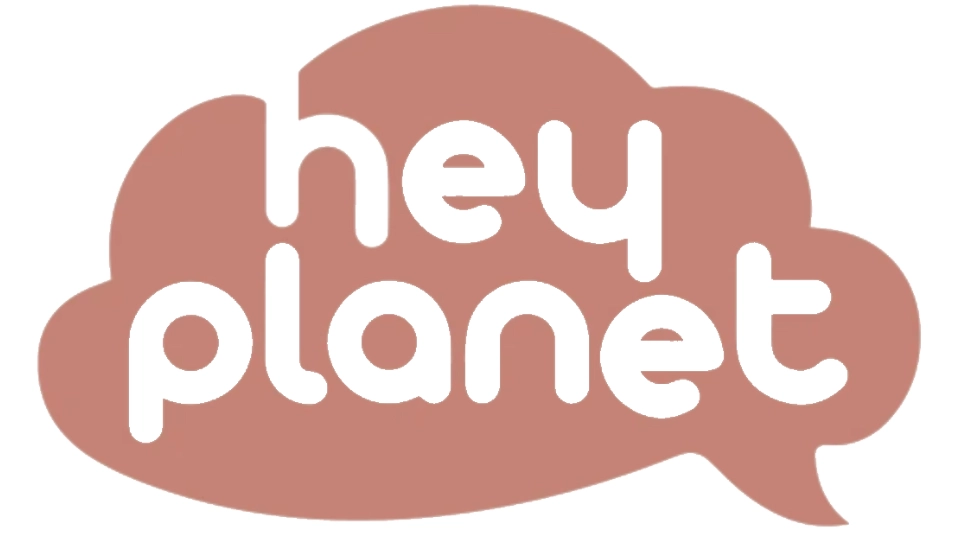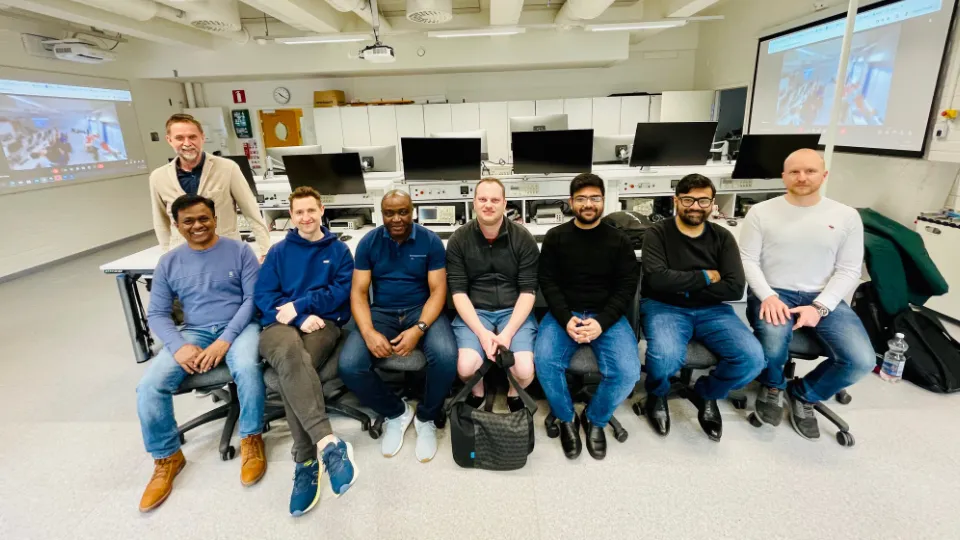My story
My name is Malena and I am one of the founders of Hey Planet. Hey Planet is a Danish food company and our vision is to create a sustainable food culture by integrating edible insects into the Western diet.
At first this idea might seem crazy and random, but will prove to be a very good idea. It is definitely not random, as this idea came to me 12 years ago. Here I found myself living and volunteering in Tanzania. I have been a vegetarian the most of my life, but right there in Tanzania, I was served fried grasshoppers by my host family. I decided to give it a try and it actually tasted delicious and I never felt better in my body.
I have always been having trouble with getting enough B12-vitamin and iron, which can be hard to derive from a plant based diet. But after eating insects for a whole year, I felt better. It turned out that my levels of B12-vitamin an iron spiked in my body, which is something you can feel.
I felt like I had found an unlocked potential, because back in 2009 nobody was thinking of edible insects as a potential solution to solve issues related to our food industry. I therefore decided to change my career plans and focused my academia on sustainable agricultural development and food security – more specific, looking at edible insects in terms of nutrition and sustainability. And I must say, I have never looked at any food solution that was so solid and complete. So, when finishing my research, I had to act on my knowledge. I started a company.
The problem within the food industry
In 30 years from now, there will be an additional 3 billion people on earth, a total of almost 10 billion people. With this population growth, we need to produce 70% more food than we do today in order to feed every mouth. This will be a challenge, as we already have problems with saturating all stomachs around the world. In fact, there are almost 1 billion people on the planet starving.
With limited natural resources and climate change, producing enough food for a growing population becomes a bigger and bigger challenge. It is especially the increasing production and consumption of meat, especially beef, which will be an even bigger problem in the future. Most people, from the western countries, get their protein through meat, which is a resource-intensive and environmentally harmful food. The increasing consumption of meat is also seen in developing countries as the middle class grows.
The matter of fact is, that planet earth can easily feed 10 billion people. We can produce lots of food without depleting the planet’s resources. However, it requires a redistribution in our diet, which consists of much less meat and dairy.
Today, 80% of the global agricultural land is used for meat production. This is a very inefficient use of our land and soil as it requires between 15-20 kg of feed to produce 1 kg of beef. It would be much easier to feed a growing population, if the crops we cultivated, ended up in our stomachs. The feed we give livestock is not used particularly well. It is only a very small fraction of the calories we give to the animals that end up in the products we eat. For example, for every 100 calories of cereal we feed the animals, we only get 12 new calories from chicken, 10 calories from pork or 3 calories from beef.
When we think of threats to the environment around us, our thoughts are often focused on cars, aircrafts and other transports. The matter of fact is, that the food industry actually emits more CO2 than the entire global transport sector. By changing our diet and eating less of the climate-heavy meat, we can reduce our global climate impact.
Edible insects as a solution
We often see the only other solution to animal based meats as plant-based meats. This is where Hey Planet wants to challenge the food industry by offering edible insects as an alternative protein solution. Food solutions to the above-mentioned issue, can be so much more than only plants. Insects are one of the biggest resources we have on earth and somehow we have managed to steer away from it in the Western World. In fact, 2000 different insect species are being eaten by 2 billion people worldwide. This is mostly observed in Africa, Asia and South America. So, this is not a new idea, but it certainly is for the western pallet and culture. But to sum up, there are 3 main reasons to be eating insects.
- It actually tastes good. Many edible insect species has a nutty and rich umami taste, a flavor we are used to and recognize.
- Edible insects are extremely nutritious. They are full of protein and actually contain all 9 essential amino acids. They also contain a lot of fiber and good fats such as omega-3, because edible insects are related to seafood. But what is very impressive, is the number of essential vitamins and minerals such as B12, iron, zinc and magnesium. Edible insects contain a lot of the nutrients you find in meat and can be hard to find in plants. They have a huge potential in solving malnourishment.
- The best thing is, that insects are so sustainable to produce. In tropical countries, most insect species are harvested in the wild. However, in many European countries, companies have started growing edible insects in closed farms, mainly crickets and mealworms. These species are grown vertically and fed on food waste, such as spent grain from breweries. Furthermore, insects do not need a lot of feed and water during production. They are very efficient in turning feed into body mass. As an example, to produce 1 kg of protein from beef require 20 kg of feed, whereas crickets and mealworms require less than 2 kg of feed. So, producing insects require minimum of land, feed and water.
How to convince the Western World to eat insects
In the Western world, we eat very much with our eyes. When we eat meat, we find them as fillets or minced meat. You do not have to be confronted with the animal you are eating. So, when I started Hey Planet, I knew that everything we made had to be with insect powder. In the beginning, we added buffalo beetle powder into bars, confectionary and crisp bread. This made it fairly easy for consumers to try edible insects in an appetizing manner. Selling snacks with beetle powder, was a good way of introducing edible insects to the Western culture. We have now been selling these snacks successfully for 4 years in Denmark and Germany – and are expanding to other countries.
However, to really be able to solve the issues related to our meat consumption, we had to come up with something else than snacks. That’s why I spent 3 years developing the world’s first sustainable meat – that we call Hey Planet Meat. It is a very innovative product, that we even got patented. By exposing buffalo beetle powder to pressure, heat and water, we have managed to create a texture from the powder. This texture is very much like normal minced meat and can be used to form a burger patty, meatballs or used in a Bolognese. It has a very strong meat taste, as buffalo beetles are full of umami.
Nutritionally Hey Planet Meat is superior to plant based meats and even animal based meats. It contains more protein and more of the essential vitamins and minerals such as B12- vitamin, Iron and zinc. Looking at CO2 footprint, Hey Planet Meat has a footprint similar to plant based meats. Producing 1 kg of Hey Planet Meat emits under 1 kg of CO2, whereas traditional Danish minced meat from cows emits 32,5 Kg of CO2 per kg produced. To sum up, Hey Planet Meat has the best from both worlds: the taste and nutrition like meat – but the climate impact of plants.
The sustainable development goals and bigger picture
Producing and eating insects actually solves a lot of challenges. When I started the company, it was important to me, that the foundation of the company would solve some of the Sustainable Development Goals. Today we work mostly with 2 goals: responsible consumption and production and climate action. Being able to start a company and work on something that is good for the planet, is my ultimate force. However, even though the idea is good and makes sense on every aspect – it is still hard to change a food culture that has so deep roots. But slowly we are making progress and seeing change. If we can just get 1-5% of the people to eat Hey Planet Meat instead of red meat once or twice a month – we can have a significant impact on the CO2 footprint from foods.



